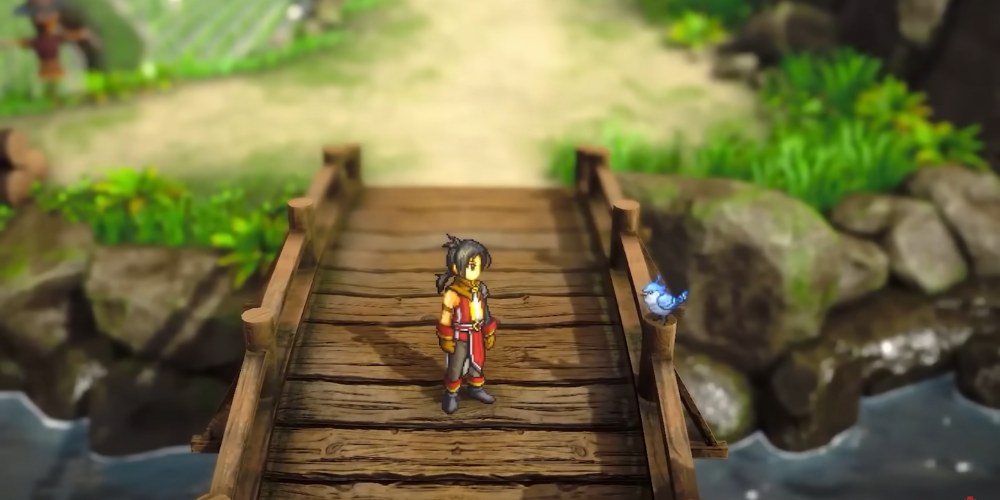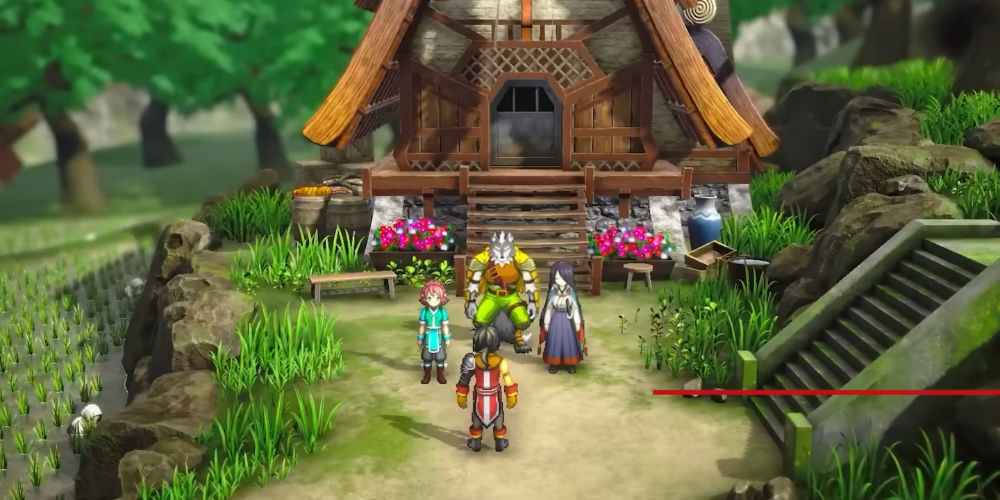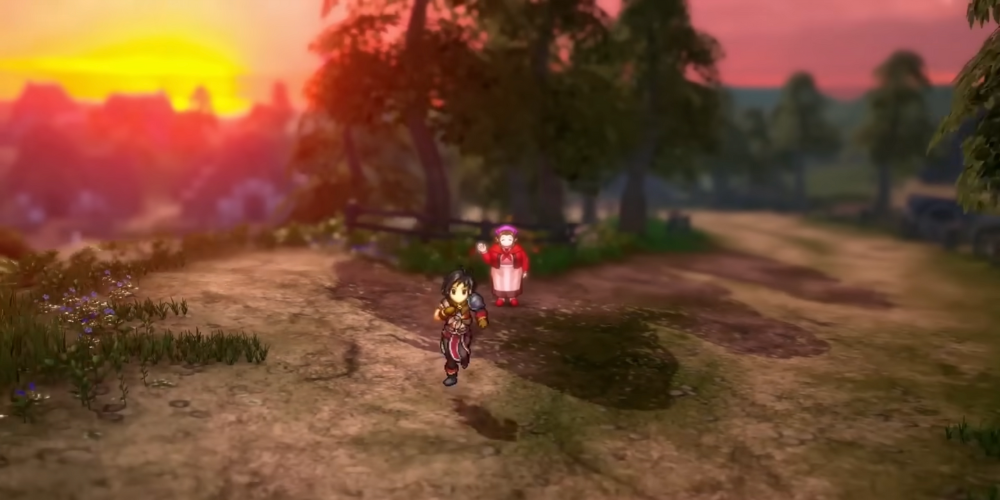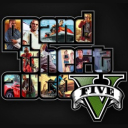Eiyuden Chronicle: Reviving the Legacy of Classic JRPGs
10 Jul 2024

In the years following the rise of game crowdfunding, a certain skepticism has developed around these projects. While many titles have achieved considerable success post-campaign, the most memorable instances are often the high-profile failures. These are typically games that, despite carrying big names and grand promises, failed to meet fan expectations for a variety of reasons. A prominent example is Eiyuden Chronicle: Hundred Heroes, designed to continue the legacy of the cherished Suikoden series from the PlayStation 1 and 2 eras. With so much anticipation, the question loomed: would this be a triumphant return or another letdown? Thankfully, it proved to be the former.
Eiyuden Chronicle starts with a young man, Nowa, who joins the Eltisweiss Watch, a small militia led by Countess Perielle of the League of Nations. During a collaborative mission with the Galdean Empire's military, they uncover an ancient, powerful artifact known as the Primal Lens, instantly gaining fame. However, conflicts arise within and between the empire and the league over the device, spiraling into an invasion of Eltisweiss and, ultimately, a full-scale war. As the war escalates, so does the narrative: Nowa rebuilds a resistance in an abandoned castle, Seign, an imperial military prodigy, grapples with loyalty and friendship, and Marisa, a young warrior, finds her clan entangled in the conflict.

The storyline strongly echoes elements from the Suikoden series, embracing them wholeheartedly. It features multiple perspectives, loyalty trials during wartime, intricate political schemes, crucial magical runes, and the central theme of assembling a vast group of warriors to confront a larger enemy. Directed by Suikoden creator Yoshitaka Murayama, who sadly passed away before the game's launch, the game is filled with the warmth, wit, and twists that made the original series captivating.
As you progress, you'll seek out new characters to strengthen the Watch and eventually build a resistance base. Some characters are easy to recruit, while others need more effort, like revisiting earlier towns or dungeons, finding rare items, playing minigames, or defeating tough foes. Searching for heroes is enjoyable, especially with fast travel, and watching your base grow with contributions from your new allies is highly rewarding.

Moreover, the characters themselves are a significant reward. Eiyuden Chronicle, despite featuring a large cast, ensures each character has a unique personality and voice. They don't fade into the background post-recruitment; they comment on current events, engage in party chatter, interact at the base, and sometimes participate in unexpected scenarios—like judging a cooking competition.
Story progression in Eiyuden Chronicle aligns with typical JRPG mechanics: primarily linear, with major setpieces and battles highlighting key narrative points. You’ll traverse standard environments like dungeons, deserts, tundras, forests, and mines, sometimes solving puzzles to advance. While these puzzles are generally simple, random enemy encounters can frustrate them. Nevertheless, the dungeon design is solid, and exploration is rewarding.
The combat system closely mirrors that of the Suikoden games, featuring turn-based mechanics with up to six active party members and a seventh support member for passive benefits like stat boosts or increased wealth. Characters possess skills using SP (which regenerates over time) and MP (restored with items), modifiable by equipment runes. Placement is crucial; some attacks are short-ranged, while others target whole rows. Additionally, team attacks requiring specific character connections add another strategic layer.
.png)
Though not every recruitable character is combat-ready, the game provides a diverse selection, allowing you to form your preferred party. You may not use every character in battles, but identifying and enhancing your favorites works well. A graduated XP system quickly raises the levels for neglected characters to match your seasoned fighters. Some auto-battling should suffice to bring them up to speed.
Boss battles add intrigue with unique gimmicks that alter your approach. These might include objects to hide behind, environmental hazards, or treasures to seize. While some gimmicks are entertaining and innovative, others can be frustrating, leaving you yearning for straightforward combat. Occasionally, bosses present significant difficulty spikes, leaving you in tough spots if unprepared.
On the flip side, large-scale army battles are the least enjoyable aspect. Functioning like a turn-based strategy game, these clashes involve commanding armies on a grid but lack the excitement of dedicated strategy RPGs. You often watch events unfold with minimal control, hoping your army outperforms the enemy to return to the more engaging parts of the game.
Eiyuden Chronicle effectively captures the essence of retro RPGs, focusing on that nostalgic, comforting experience typical of classic JRPGs. Even with side activities like a card game, a hybrid top game, a racing sim, and commodities trading, the game stays true to its central mission. Coupled with beautifully animated sprite work and a stellar soundtrack, it offers a delightful experience with minor falters, but not enough to deter players. While not groundbreaking, Eiyuden Chronicle: Hundred Heroes fulfills its fundamental promise, making it a noteworthy success.







